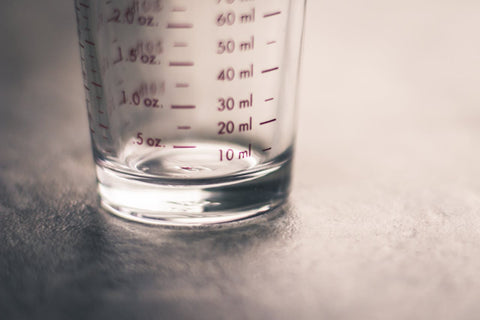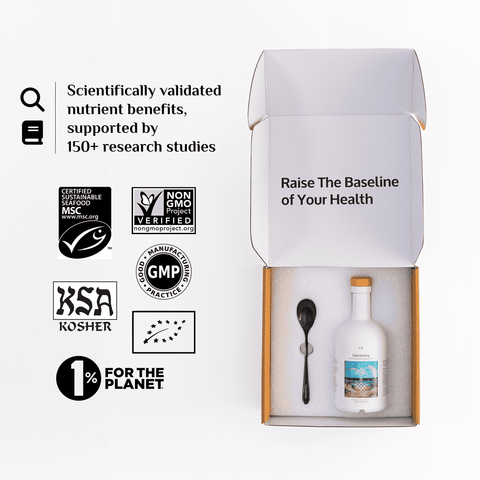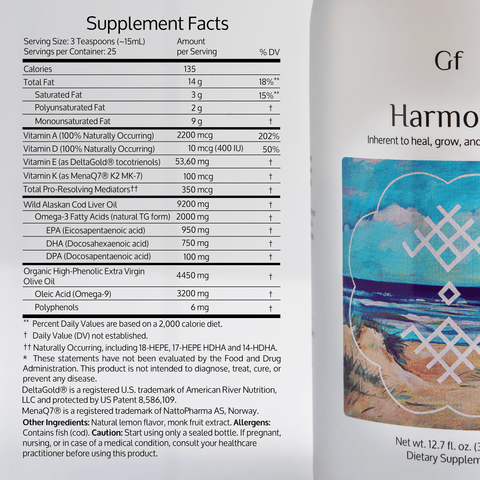Omega-3 fatty acids are essential for maintaining optimal health, supporting brain function, reducing inflammation, and promoting heart health. But how much do you actually need to reap these benefits? Let’s explore the science-backed recommendations for omega-3 dosage and tailor them to different needs, lifestyles, and health goals.
What Are Omega-3 Fatty Acids?
Omega-3s are polyunsaturated fatty acids crucial for many bodily functions. The three main types are:
- EPA (Eicosapentaenoic Acid): Found in fish oils, it supports heart health and fights inflammation.
- DHA (Docosahexaenoic Acid): Essential for brain and eye health.
- ALA (Alpha-Linolenic Acid): A plant-based omega-3 that the body converts into EPA and DHA, though inefficiently.
While ALA is found in plant sources like flaxseeds, walnuts, and chia seeds, EPA and DHA from fish oil or algae are more potent and bioavailable (source).
General Omega-3 Dosage Recommendations
The amount of omega-3s you need depends on your age, lifestyle, and health goals. According to The National Academy of Medicine in the US the recommended omega-3 daily intakes are the following:
- Adults: 1100–1600 mg of combined EPA and DHA per day for general health
- Pregnant Women: 1400 mg daily, including at least 200 mg of DHA, to support fetal brain and eye development
- Children: 500–1200 mg per day, increasing with age
Source: National Institutes of Health
Higher Dosages for Specific Health Conditions
For some conditions, higher doses of omega-3s are recommended:
-
Heart Health:
The American Heart Association (AHA) recommends eating two servings of fish, particularly fatty fish, per week to help reduce heart disease and stroke risk. Two servings equal 6 ounces (170 grams) cooked.
The AHA issued a separate science advisory in 2019 stating that 4 grams daily of prescription fish oil can effectively reduce triglycerides, the most common type of body fat, in individuals with elevated levels (source). -
Joint Pain and Inflammation:
Studies suggest 2,000–3,000 mg daily of EPA and DHA may reduce symptoms of rheumatoid arthritis and improve joint function (source). -
Mental Health:
For depression and anxiety, 1,000–2,000 mg daily of EPA is often recommended. A 2020 meta-analysis found that EPA was particularly effective in reducing symptoms of major depressive disorder (source).
Can You Take Too Much Omega-3?
While omega-3s are generally safe, excessively high doses can have side effects, such as:
- Increased bleeding risk at doses above 3,000 mg per day
- Digestive issues, such as nausea or diarrhea.
- Potential interactions with blood-thinning medications.
Always consult with a healthcare professional before significantly increasing your omega-3 intake.
 Best Sources of Omega-3s
Best Sources of Omega-3s
- Fish Oil Supplements: Rich in EPA and DHA, ideal for most adults.
- Alaskan Cod Liver Oil: Provides omega-3s along with vitamins A and D.
- Plant-Based Sources: Flaxseed, chia seeds, and walnuts are excellent for ALA. However, you’ll need higher quantities since ALA conversion to EPA/DHA is limited.
- Fatty Fish: Salmon, mackerel, sardines, and tuna are natural dietary sources.
Tips for Optimizing Your Omega-3 Intake
- Read Labels: Check the combined EPA and DHA content on supplement labels to ensure you're meeting recommended doses.
- Timing: Take omega-3 supplements with meals containing fat for better absorption.
- Choose Quality: Opt for molecularly distilled fish oils to minimize contaminants like mercury.
Omega-3 fatty acids are vital for overall health, but the right dosage depends on your individual needs. Whether you’re aiming for better heart health, reduced inflammation, or enhanced cognitive function, understanding how much omega-3 you need can help you make informed decisions.









